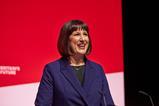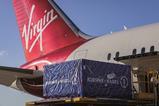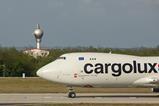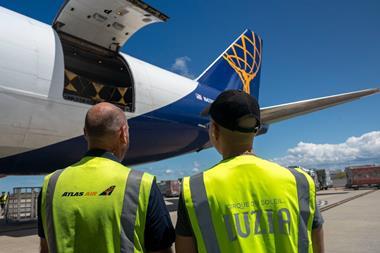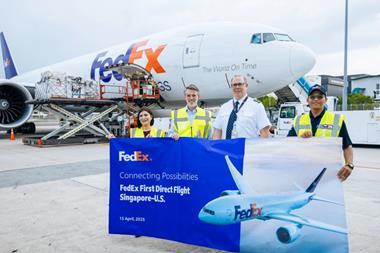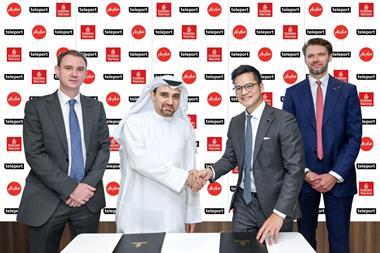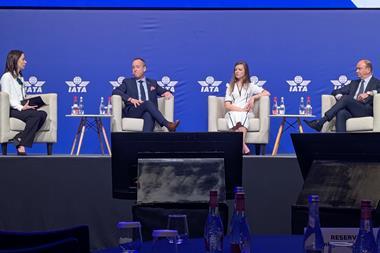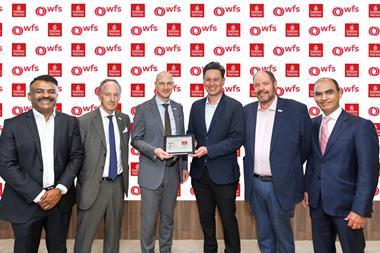Cargolux and Norwegian Air Shuttle have signed up for a future supply of e-sustainable aviation fuel (E-SAF) from Norsk e-Fuel.
Norsk e-Fuel is starting the industrialisation of e-Fuel production in Mosjøen, Norway and will start to provide e-Fuels to the aviation industry after 2026.
The total volume of the offtake agreements signed by the two airlines covers more than 140,000 tons of fuel supply.
In addition, the two companies will provide strategic support for the development of two additional production facilities by 2030.
E-fuels are manufactured using captured carbon dioxide or carbon monoxide, together with hydrogen obtained from water and split by sustainable electricity sources such as wind, solar and nuclear power.
Cargolux chief executive and president Richard Forson said: “E-Fuel will be a major pillar to achieve net zero carbon emissions by 2050 in aviation. E-Fuels are based on abundant feedstock such as carbon dioxide and when produced with green electricity, this project will provide one of the highest greenhouse gas savings compared to conventional jet fuel.
"We look forward to offering our customers the option to have the ability to voluntarily enhance their sustainability initiatives through the use of e-Fuels for their shipments as of late 2026.”
Karl Hauptmeier, chief executive of Norsk e-Fuel, added: “We have ambitious plans to ramp-up e-Fuel production as soon as possible to deliver fossil-free fuels to the aviation industry.
"The commitment of our new partners Cargolux and Norwegian and the reaffirmed support of the founding member and shareholder Paul Wurth are not only a sign of trust into our mission, our business concept and our team.
"They also show the understanding of the critical role of e-fuels in shaping a future for aviation that is free from fossil fuels—both in Norway and across Europe."
E-fuels are said to be carbon neutral since the amount of CO2 emitted when burnt matches the amount utilised during production.
The SAF currently used in aviation is based on waste products, such as animal fats, and is said to offer a maximum lifetime carbon reduction of 80% compared with existing fossil fuels.
However, e-fuel production requires a large amount of energy, which needs to come from renewable sources in order to maintain carbon neutrality.
At present, it is more expensive to produce than SAF and there is limited renewable energy available.
https://www.aircargonews.net/airlines/freighter-operator/cargolux-diversifies-into-aerial-firefighting/







